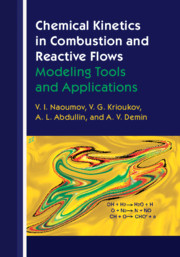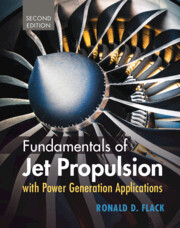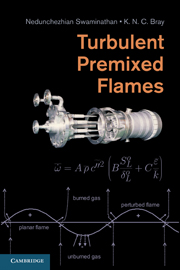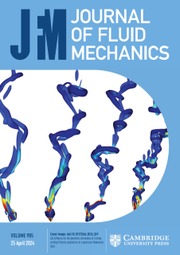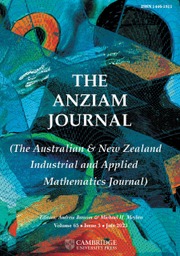Chemical Kinetics in Combustion and Reactive Flows
Following elucidation of the basics of thermodynamics and detailed explanation of chemical kinetics of reactive mixtures, readers are introduced to unique and effective mathematical tools for the modeling, simulation and analysis of chemical non-equilibrium phenomena in combustion and flows. The reactor approach is presented considering thermochemical reactors as the focal points. Novel equations of chemical kinetics compiling chemical thermodynamic and transport processes make reactor models universal and easily applicable to the simulation of combustion and flow in a variety of propulsion and energy generation units. Readers will find balanced coverage of both fundamental material on chemical kinetics and thermodynamics, and detailed description of mathematical models and algorithms, along with examples of their application. Researchers, practitioners, lecturers, and graduate students will all find this work valuable.
- The authors, who are recognized as some of the top researchers in their field and with over thirty years of experience, have developed their own original approaches, methods, and algorithms
- Presents a wide variety of examples of the application of proposed methods, allowing readers to understand the subject in depth and construct their own original models
- Will appeal to a wide readership because of the balanced coverage of fundamental material on chemical kinetics and thermodynamics
Reviews & endorsements
'As a researcher and practitioner in the field of thermal sciences, I am delighted to endorse such an insightful, logical and timely presentation of complex matters in chemical thermodynamics, chemical kinetics and combustion. The book is distinguished by a well balanced presentation of a foundational theoretical material, in-depth analyses of modern combustion modeling tools and authors' unique developments in engineering combustion. Examples of applications of models and tools to a variety of combustion systems are a definite bonus. This makes the book valuable for graduate education and scholars as well as practitioners who are developing efficient and effective combustion systems.' Aleksandr Kozlov, Gas Technology Institute, Illinois
'I believe that this book is needed and it will be definitely welcomed by a broad audience of readers ranging from students to seasoned professionals. The book covers wide area of human knowledge that is important for practical applications. My particular interest was in the parts of the book that describe evaporation of the droplets and particulates of the fuel. It is of high value for me to have a book that provided up to date summary of the current state of the art in combustion, in general, and in evaporation sub-models as applied to combustion, in particular. The book is well organized and the presentation is excellent. The material logically follows from the fundamental concepts and proceeds to the deeper and deeper peculiarities of the theoretical and mathematical modeling and numerical simulation. With great pleasure, I am endorsing the publication of this book.' Vladimir Semak, Signature Science, LLC
Product details
August 2019Hardback
9781108427043
442 pages
253 × 178 × 26 mm
0.99kg
286 b/w illus.
Available
Table of Contents
- Part I. Basic Components of Chemical Non-Equilibrium Models:
- 1. Approaches to combustion simulation: patterns, models and main equations
- 2. Governing equations of chemical kinetics and specific features of their solution
- 3. Software tools for the support of calculation of combustion and reacting flows
- Part II. Mathematical Modeling of Selected Typical Modes of Combustion:
- 4. Laminar premixed flames: simulation of combustion in the flame front
- 5. Droplets and particles: evaporation in high-temperature flow and combustion in boundary layers
- 6. Models of droplet evaporation in reacting flow
- Part III. Simulation of Combustion and Non-Equilibrium Flows in Propulsion and Power Generation Systems:
- 7. Simulation of high-temperature heterogeneous reacting flows
- 8. Simulation of two-phase flows in gas generators of liquid propellant rocket engines
- 9. Pressurization of liquid-propellant rocket engine tanks
- 10. Combustion and ionization in spark ignition engines
- References
- Index.

